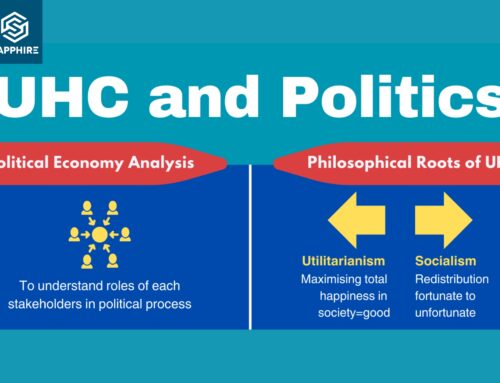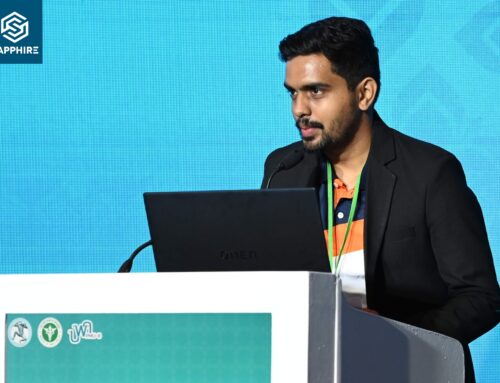Understanding Social, Economic, and Environmental Determinants, Measuring Outcomes and Impacts, and Implementing Effective Public Health Policies

Figure 1: Participants at Introductory HTA Technical Workshop, University of Nairobi Towers
Kenya’s healthcare system, like many others, faces the formidable challenge of allocating limited resources to maximize health benefits for its population. With a growing population and increasing prevalence of chronic diseases, the need to make evidence-based and informed decisions about which health technologies to invest in has never been more critical1.
Health Technology Assessment (HTA) offers a rigorous framework for evaluating the clinical effectiveness, safety, cost-effectiveness, and broader societal impact of new and existing health interventions and technologies. By systematically assessing the evidence, HTA can inform relevant stakeholders (e.g., policymakers, clinicians, and payers) about the value of different technologies, ultimately leading to improved health outcomes.
A collaborative effort between the University of Nairobi-Center for Epidemiological Modelling and Analysis (CEMA), Kenya, Imperial College London, United Kingdom, and Health Intervention and Technology Assessment Program (HITAP), Thailand, initiated and delivered a hands-on HTA training program. This program aimed to strengthen local technical capacity in the application of HTA methodologies to inform health policy decisions, balance costs and benefits, and ultimately improve patient care and public health outcomes by equipping multidisciplinary professionals with the essential skills to conduct HTA studies2. The training was conceptualized by including a broad spectrum of HTA topics. These, for example, include fundamentals of HTA, evidence synthesis, economic evaluation, ethical and social considerations, and implementation strategies for HTA.
HTA technical workshop
The training was conducted on-site as a five-day technical workshop during July 22-26, 2024. The training targeted healthcare professionals involved in resource allocation and decision-making, including healthcare managers, public health professionals, epidemiologists, lawyers, post-graduate students and researchers. The workshop format was designed with lecture-based sessions, group discussions, and practical exercises to provide a holistic learning experience in HTA.
Day 1: HTA Fundamentals
The workshop kicked off with an introduction to HTA, exploring its core concepts and its potential to support healthcare systems. Participants were introduced to real-world examples of HTA in action through case studies from Thailand and gained insights into the current HTA landscape in Kenya.
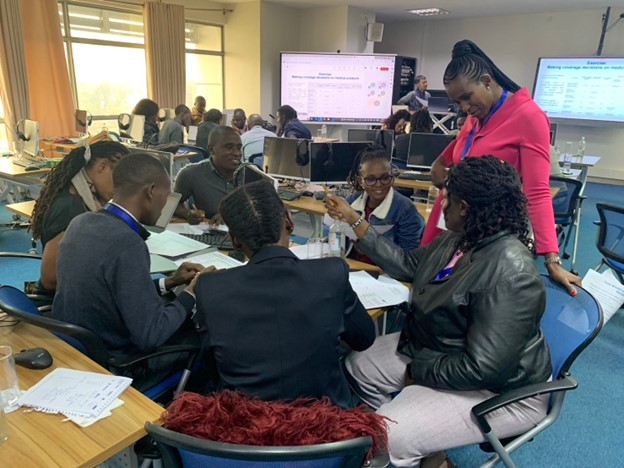
Figure 2: Participants actively brainstorming during one of the group-based exercises for Topic Nomination
Day 2: Epidemiological Methods in HTA
Understanding the epidemiological foundations of HTA is crucial for assessing the impact of health technologies. Day two focused on the role and elements of epidemiology in HTA studies, covering topics such as study design, data analysis, evidence synthesis and critical appraisal of clinical evidence.
Days 3 & 4: Economic Evaluation in HTA
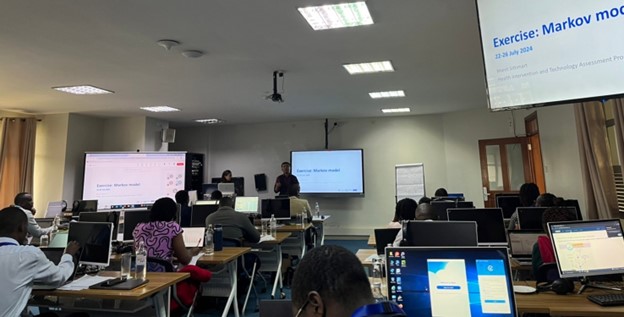
Figure 3: Facilitators guided the participants and demonstrated the Markov Model exercise.
The following days focused on the economic aspects of HTA, including costing methods, cost-effectiveness analysis, uncertainty, and budget impact analysis. Participants learned how to conduct economic evaluations via modeling approach, interpret results, and apply these methods to real-world healthcare decisions.
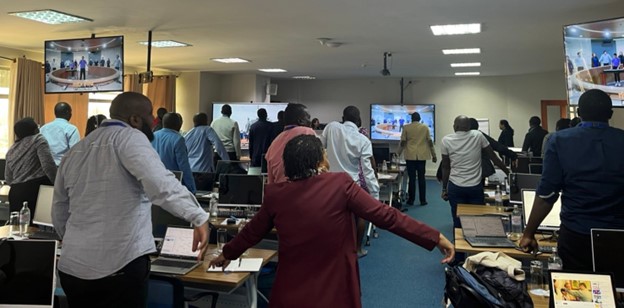
Figure 4: Participants performed dance break during the exercise session (source: PMAC 2020 Thai Style Exercise)
Day 5: Social and Equity Considerations
The final day emphasized the importance of considering social and ethical factors in HTA. Participants discussed and explored how to incorporate equity and human rights principles into the assessment process. This also included how to align HTA with national health policies and strategies.
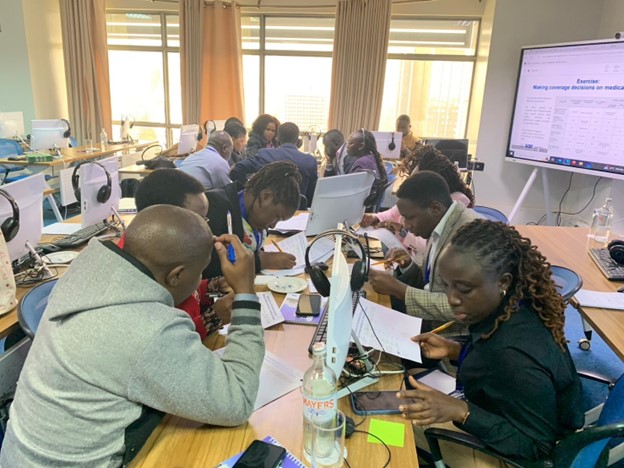
Figure 5: Participants actively brainstorming during one of the group-based exercises for Topic Prioritizations.
Discussion forum
One of the highlights during the workshop was a group-based and interactive exercise on resource allocation. Participants were engaged in a lively and participatory discussion, exploring how available evidence could support their decision-making. They also had an opportunity to navigate the deliberation step amidst the myriads of competing healthcare resource priorities within a hypothetical context. Participants exchanged their insights and considerations on how to effectively apply and rationalize evidence within the local context and discussed strategies for integrating HTA into national health planning. The overall sentiment was optimistic about HTA’s role in improving health outcomes and ensuring the efficient deployment of healthcare resources. By investing in HTA capacity building, Kenya is taking a significant step towards supporting institutionalizing evidence-informed decisions, optimizing its healthcare resources, and improving the health and well-being of its population.


